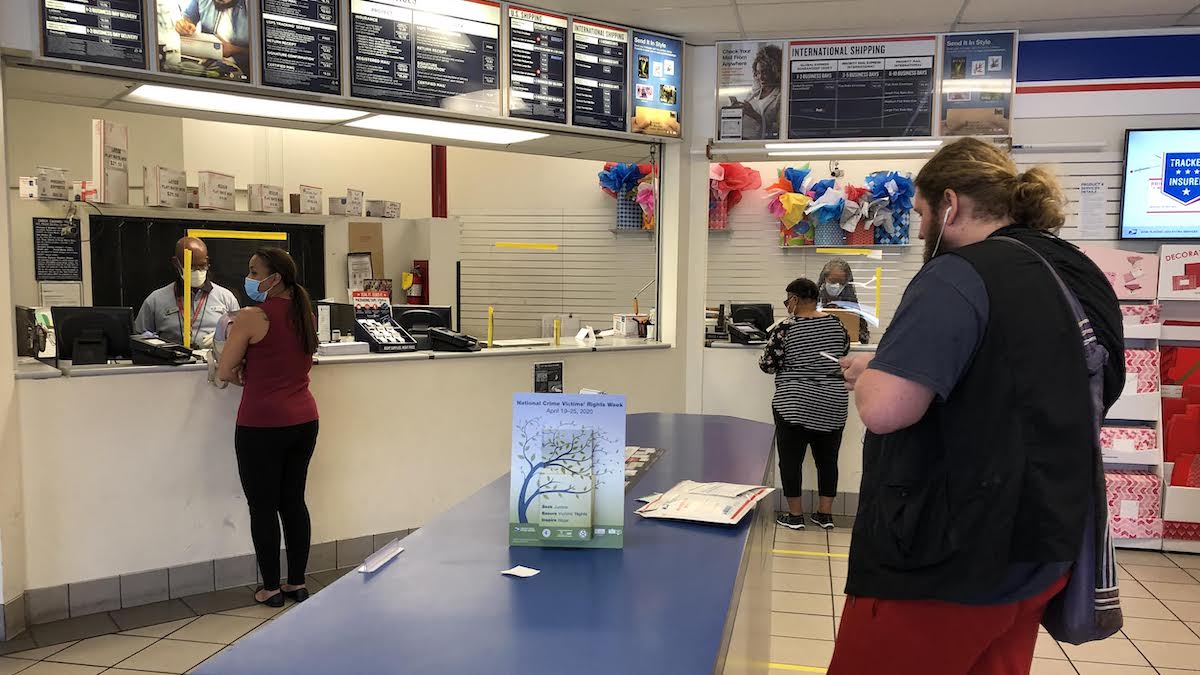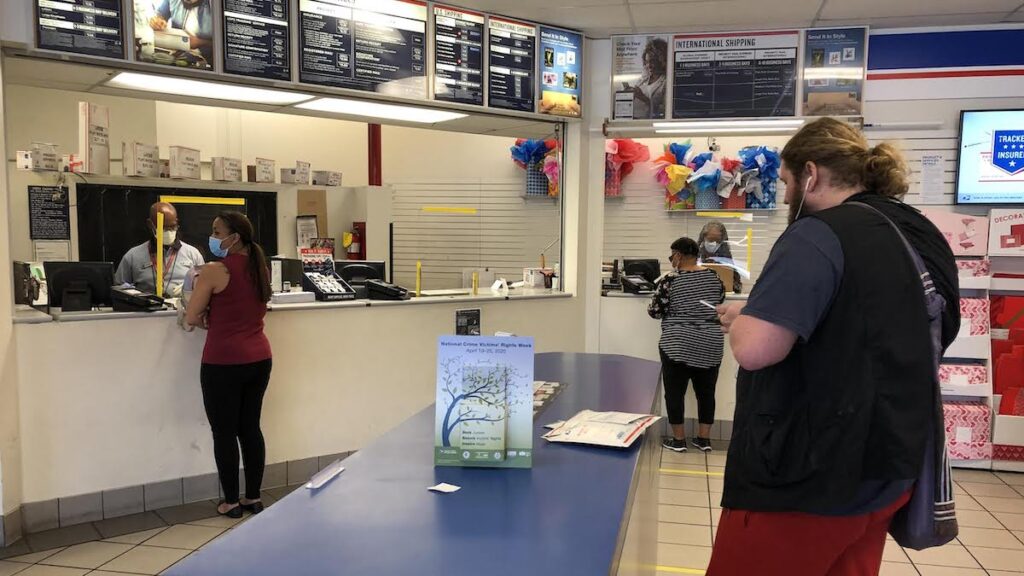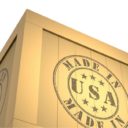
NMI, Gauge of U.S. Service Sector Activity, Lowest Since March 2009
The Institute for Supply Management (ISM) Non-Manufacturing Index (NMI) fell sharply in April, though less than expected to 41.8. That’s a decline of 10.7 percentage points from 52.5 in March.

Forecasts ranged from a low deficit of $45.2 billion to a high of $34.0 billion. The consensus forecast was $44 billion. Still, it’s the lowest reading for the NMI since March 2009, when it was 40.1%.
The Supplier Deliveries Index offset the overall decline in the NMI by registering at an all-time high of 78.3, a gain of 16.2 percentage points from the March reading of 62.1. Comments from the panel reveal an obvious and clear result of the mitigation efforts to “slow” the spread of the Coronavirus (COVID-19).
WHAT RESPONDENTS ARE SAYING
- “General uncertainty over ramp-up timeline post COVID-19.” (Accommodation & Food Services)
- “The COVID-19 situation has created significant challenges for the agricultural sectors. Milk prices have declined 29 percent in a few weeks. Milk is being dumped on farms because of the loss of markets. Cattle prices are down 28 percent, pork prices down 24 percent, [and] all agriculture sectors are facing significant price declines. Our agriculture economy is challenged, with poultry, pork, and beef processing plants closed due to COVID-19 cases or impaired due to employees afraid to work side-by-side with other employees. Farmers cannot sell fat cattle locally due to processing plant shutdowns.” (Agriculture, Forestry, Fishing & Hunting)
- “COVID-19 pandemic has forced our business to close as of March 17, 2020. We do not have a re-opening date yet; our purchasing activity has been greatly reduced due to the current business environment.” (Arts, Entertainment & Recreation)
- “COVID-19 is altering the operation, supply chain and sales process of home-building. Stay-at-home orders have hampered business in residential construction. As ours has been deemed an essential industry, we continue to navigate changing guidelines and restrictions on a daily basis.” (Construction)
- “The university abruptly transitioned from students on campus to remote teaching for the spring quarter; however, the number of students registered for the quarter has remained consistent with previous years. Overall, activity dropped 17 percent compared to February and 31 percent compared to March 2019.” (Educational Services)
- “Due to increased loans from [the federal] stimulus package, [we are] seeing an increase in new business.” (Finance & Insurance)
- “COVID-19 has halted much of our standard work to procure items for our organization. It’s halted much of the world, except for health care. Distributors were woefully unprepared for the spread of this pandemic, and many health-care systems/providers depend on them for inventory planning and availability. Combine that with the global [surgical] gown recall just before the pandemic struck — and isolation masks are created from the same material as isolation gowns — and you had a perfect storm for chaos across the supply chain. It will be very hard for major medical distributors who did not manage their core customers well to recover from both the gown recall and the pandemic. It also provided some insight into whether or not the distributor partners were actually skilled at inventory planning and movement. I believe that the healthcare supply chain landscape will change dramatically after this.” (Health Care & Social Assistance)
- “The oil exploration sector is very weak, with the record low price of oil and the country’s shutdown due to the COVID-19 threat. We are hopeful for a bump in activity once the country starts to reopen.” (Management of Companies & Support Services)
- “New challenges working from home and getting inventory to the retail locations.” (Retail Trade)
- “As an essential business, we have remained open during the month. A significant number of our customers are closed (i.e. schools) and other have substantially reduced their buying (i.e. hotels, office building). Sales of janitorial, sanitation, and paper products [have] increased across all business lines, but other categories are greatly reduced. Overall, reduction in sales of 20 percent to 30 percent.” (Wholesale Trade)



